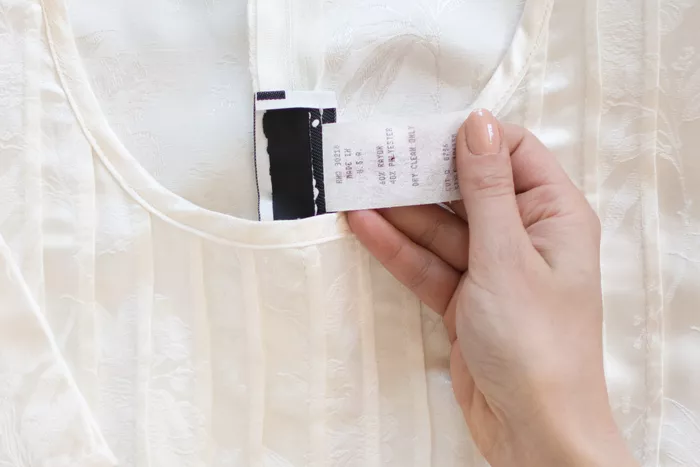Origination fees, underwriting fees, and loan insurance are a few examples of prepaid finance charges. Knowing what prepaid finance charges you have to pay will help you determine the total cost of the loan.
Definition and Example of a Prepaid Finance Charge
A prepaid finance charge is an upfront fee you’ll pay when you close on a loan. These additional fees are separate from your monthly loan payments. However, they add to the total cost of the loan, so you want to consider these charges before agreeing to your loan terms.
For instance, if you take out a personal loan, some lenders will charge a one-time origination fee. This fee covers the cost of processing the loan, and the exact amount can vary depending on your lender.1
However, most origination fees cost between 0.5% and 1% of the entire loan amount.2 That means if you take out a personal loan for $20,000, you could end up paying an origination fee between $100 and $200.
How a Prepaid Finance Charge Works
Before you agree to the final loan terms, you want to understand how much you’ll have to pay in prepaid finance charges. These upfront costs are paid in addition to your monthly loan payments and affect the total amount you pay on the loan.
For instance, if you take out a conventional mortgage and your down payment is less than 20%, your lender will require you to purchase private mortgage insurance (PMI). PMI is a prepaid finance fee that covers your lender if you stop making your payments.
Many of the prepaid finance charges you encounter are designed to protect the lender or cover the cost of underwriting the loan. But sometimes, lenders will try to add on unnecessary and excessive charges, commonly referred to as “junk fees.”
Junk fees are inflated costs your lender adds on at closing, usually as a surprise.3 Junk fees aren’t illegal, but you have the right to negotiate with your lender for fair and affordable costs. In 2015, the Consumer Financial Protection Bureau (CFPB) implemented a rule that lenders cannot inflate fees to more than 10% of the original lending estimate.4
The Truth in Lending Act requires lenders to disclose prepaid finance charges upfront before you sign the loan contract.5 This regulation protects borrowers from unfair and misleading lending practices like junk fees.
Types of Prepaid Finance Charges
Let’s look at some of the most common prepaid finance charges you’ll encounter.
Origination Fees
An origination fee is what the lender charges you for initiating the loan. It covers the cost of administrative services like processing the loan application and funding the loan. Origination fees typically cost between 0.5% and 1% of the entire loan amount, and you can find the total costs listed on your loan estimate.6
Private Mortgage Insurance
Private mortgage insurance (PMI) is another type of prepaid finance charge. PMI is required on most conventional mortgages if your down payment is less than 20%.7 It protects the lender if you stop making payments on your mortgage. PMI typically costs between 0.5% and 1% of the entire loan amount.8
Discount Points
Discount points are a one-time fee you pay to lower the APR on your mortgage. You pay a higher cost upfront in exchange for lower monthly payments. Discount points are based on the loan amount, with one point equaling 1% of the loan.9
For instance, one point of a $250,000 loan would be $2,500. So you would pay $2,500 upfront and receive one point off your APR.

:max_bytes(150000):strip_icc():format(webp)/jamiejohnson-6f6b958a9fb8470499e520bf098d6321.jpg)

